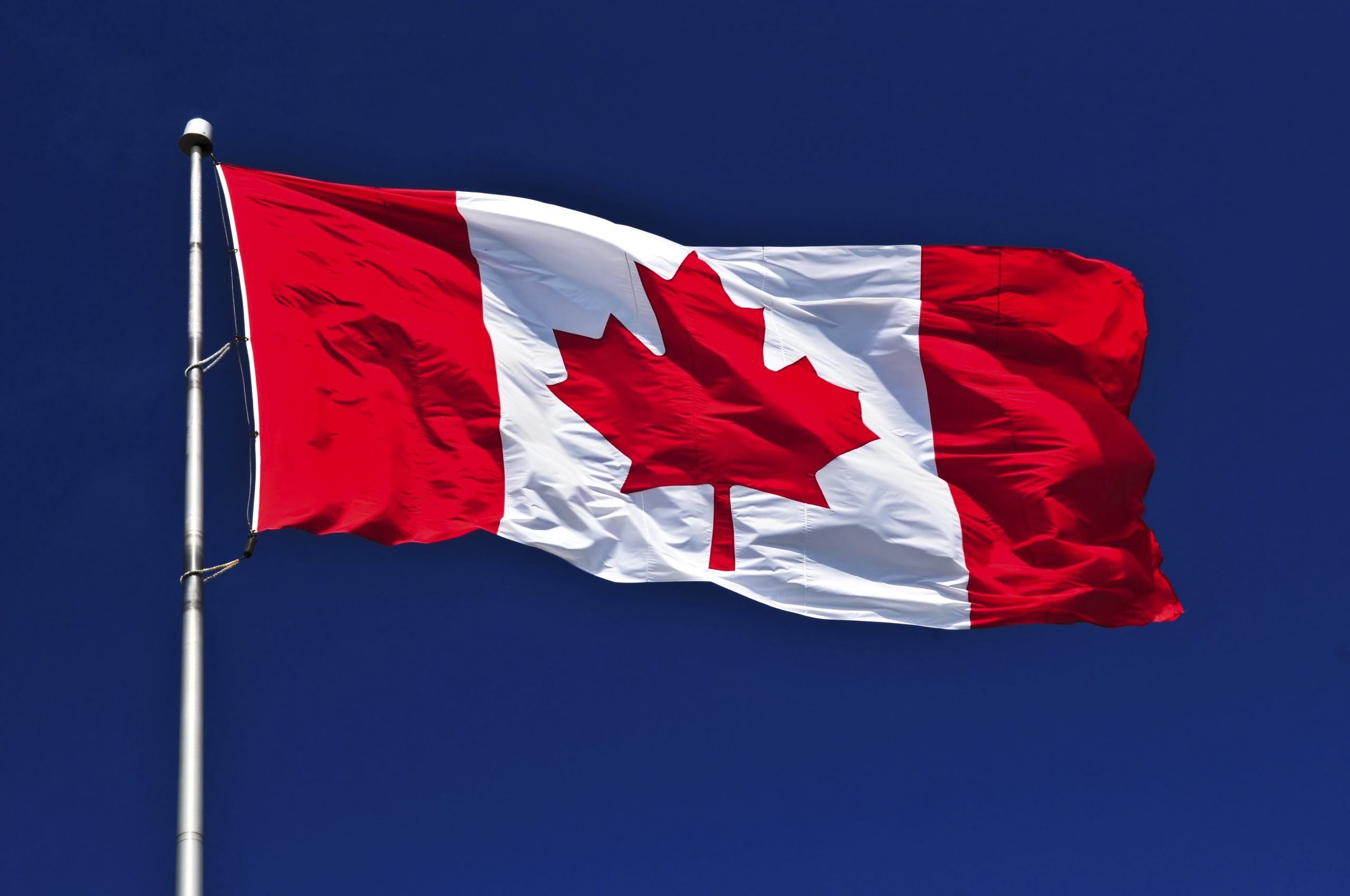As Greece defaults, we think it's time to take a step back and look at the big picture emerging horizontally as China and Russia move towards political and economic objectives that will define a new trading block across Europe and Asia.
First, a quick look at the Greek problem. Simply put, they've missed the deadline on their $1.7 Billion re-payment of the first of the International Monetary Fund (IMF) loans. Technically, the IMF has the right, but not the obligation to accelerate the default process as the senior credit holder of the $270 Billion that Greece has borrowed since 2010. Importantly, private investors hold less than $40 Billion of this debt. The ECB is the largest holder with $130 Billion. This debt is held proportionately among the members of the European Union currency. Beyond this, individual members like Germany, France and Italy have made direct loans to Greece of $64 Billion, $48 Billion and $42 Billion, respectively. Basically, it's a mess but, it's unlikely that the IMF will accelerate the default which would definitely lead to market reactions.
Sunday, Greece will vote on whether or not they're willing to give up more in order to stay in the European Union or, whether they'll refuse to give up any further spending controls. The general consensus is that this vote really is a prelude as to whether or not Greece will stay in the European Union at all. Therefore, the symbology here is poignant. As for the European Union, Greece makes up less than 1.5% of the European Union's GDP. Germany's economy is more than 15 times the size of Greece. Finally, to bring Greece's irrelevance to the fore, consider that the total loans outstanding are already more than their country's total annual production. Leaving the European Union at this point would probably be best for the Euro.
While all of this has been going on, there's been a clear shift in the underlying politics across Europe and through China. Russian and Chinese influence is creeping westward. Russia and China have been building trade deals to keep energy moving through Asia and Russia. Now, the pipelines are heading further west, into Turkey and Greece as well as southward into Saudi Arabia and Syria. These relationships are being fostered from the top down. This can be seen in meetings between Putin and Saudi's new King. Interesting because the former Saudi King Abdullah never once visited Russia. Beyond energy and trade deals, like the "Turkish Stream" pipeline and the "Power of Siberia" between Russia and China, they've also inked understandings over fighting the Islamic State in which, they include Syria as an ally.
Russia's move on Ukraine has cemented their power along the Black Sea which is hugely strategic for both economic and defense reasons. The lack of Ukraine support by ourselves, NATO and the rest of the free world has put southern Europe in jeopardy. Russia is slowly moving in, annexing and providing trade deals as it sees a west unwilling to engage in a land battle with another major nation.
All of the economic development that has been taking place behind the scenes is the strategic element to the new southern Soviet/Chinese block.
 Russian gas flowing through Turkey south to Jordan, Syria and Egypt and west through Ukraine, Romania and Moldova into Greece must all be converted to currency. This will help the Chinese and Russians reformulate their reserve currency positions while allowing Russia to do business outside of global economic sanctions. Furthermore, because Greece's economy is so small and they've already received sooo much help, when Greece defaults, Russia and China will be able to prop them up while also accepting currency payments in newly issued Drachmas.
Russian gas flowing through Turkey south to Jordan, Syria and Egypt and west through Ukraine, Romania and Moldova into Greece must all be converted to currency. This will help the Chinese and Russians reformulate their reserve currency positions while allowing Russia to do business outside of global economic sanctions. Furthermore, because Greece's economy is so small and they've already received sooo much help, when Greece defaults, Russia and China will be able to prop them up while also accepting currency payments in newly issued Drachmas.
I rarely write a doom and gloom piece. I don't think this piece is inflammatory. It simply seems that there's a lot going on under the surface of the Greek default that needs examining. Trade blocks have always been a part of this world as have competing currencies. Having the logistic freedom to move material overland from the Black Sea and Mediterranean all the way through Europe and Asia to the Pacific Ocean is a BIG deal. Add in the potential of Chinese financing of giant infra-structure projects and a whole new industry can take shape throughout southern Europe and into Greece and Turkey while being financed(laundered) through China who will ironically enough, use to purchase U.S. Treasuries.
Strange world, no?



